In recent years, a lot of controversy has risen over the possible roles for women in popular culture. While some properties have done better than others, it’s important to take a look at why these debates exist. Is it because of plain old sexism? What role does the press play in this mess? Can we make sense of it all in one listicle?
We can certainly try.
1. They’re Blank Slates.
As Seen In: Almost Any Romance.
A lot of awkward arguments have emerged about the differences between how audiences judge male and female characters. While some of them have merit, it’s important to recognize how female characters are typically constructed in a lot of stories.
To prove my point, let’s take a look at romantic stories, which are typically written by women! These tales typically hinge upon two character archetypes: a blank, plain female and an extraordinary male. While it may make sense from a marketing perspective, one cannot argue that it doesn’t create a convincing story.
The “woman meets a billionaire/royalty/famous person” cliche is a good example of this problem, especially since the writers never seem to develop the reasons why the man wants to fall in love. Money and power open up a lot of choices, so why would any of these archetypes think twice about an ordinary woman? In the real world, they almost always end up dating models, actresses, and other people in their sphere!
It’s only one dimension of the power fantasy, but it’s a big one because it makes it more difficult to suspend disbelief. Speaking of which…
2. Power Is Given, Not Earned.
As Seen In: The Star Wars Sequel Trilogy.
Imagine a master craftsman of any stripe. How do you think that they came to be that way? Did they spend long hours honing their craft? What convinced them to do something new and innovative? Who were their biggest influences?
Apparently, all of that tends to just pop into a woman’s brain for reasons. Consider Rey in the Star Wars sequel trilogy.
The biggest reason why people hate Ma-Rey Sue is because Lucasfilm forgot to make her struggle for victory in any meaningful way. Over the course of a few weeks, she becomes about as powerful as Luke did in four years and Anakin did in over a decade. She skips training, beats a Jedi Master, and levels up so hard that the villains are not a threat.
Why should we care about her? Can anyone tell me?
3. The Influence Of Feminists And Social Justice Warriors.
As Seen In: Oh, come on. Have you seen the entertainment industry lately?
Have you ever noticed that a lot of horrible female characters are associated with a piece of entertainment that has a cause? Many sections of the entertainment industry have developed a bad habit of inserting hamfisted messages into their work, and it’s killing the potential entertainment value of the industry.
Consider the recent “woke” phase of Marvel Comics. I’m only a casual comic reader, but I can see why the sales of their titles have crashed through the floor. For some reason, the writers forgot about things like “escapism” or “entertainment.” Instead, they focused on using feminist toxicity to piss off their loyal fanbase.
You might think that the far-left slant and torturous dialogue constitutes enough punishment, but you’d be wrong. Before their reboot, Marvel complained about everything from mansplaining to tampons to the extremely reasonable fan complaints against them.
Wait. I shouldn’t be saying this, right? I’m obviously objecting to this kind of stuff because I hate women. All of these actresses, producers, comic writers, and authors told me so!
4. She’s A Hero Who Is Actually A Villain.
As Seen In: Arrow.
One of the biggest issues that might explain the dearth of female characters is the failure to balance art with marketing. It’s rather easy to draw the conclusion that female characters don’t work when audiences respond in a negative manner. However, such statements ignore the utter lack of quality control that makes them turn out that way in the first place.
Consider the atrocious development of Felicity Smoak in Arrow. Over the course of the show, she developed a dual role as a computer hacker and Oliver Queen’s love interest. While her job is a necessity for the plot of many episodes, one might wonder why she is in an abusive relationship with the titular vigilante.
And by the way, it’s one where she’s the perpetrator.
That leads us to a simple question. What would be better for the main character’s well-being? I know that I wouldn’t want to be in a relationship with someone who belittled me, bitched me out, broke up with me before the wedding, and somehow made the sudden appearance of my long-lost son all about her. In fact, most men would say the same thing.
Why wouldn’t Oliver?
Conclusion.
Fortunately, it’s not all bad out there in the land of entertainment. While some female characters are poorly written, there are others who stand the test of time in more ways than one. In an upcoming essay, we’ll explore the reasons why other female characters work and how writers can use their example to write the next-generation of ass-kicking entertainment.
That’s what we all want, isn’t it?
Stay tuned!
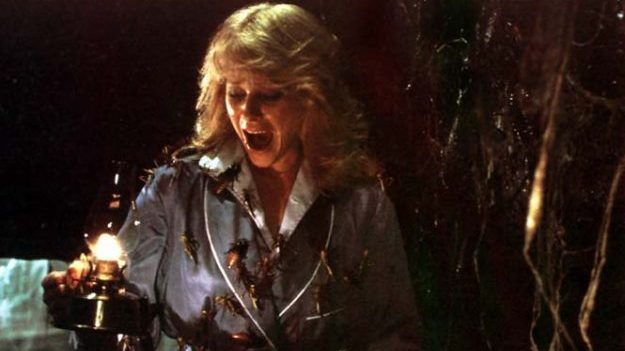
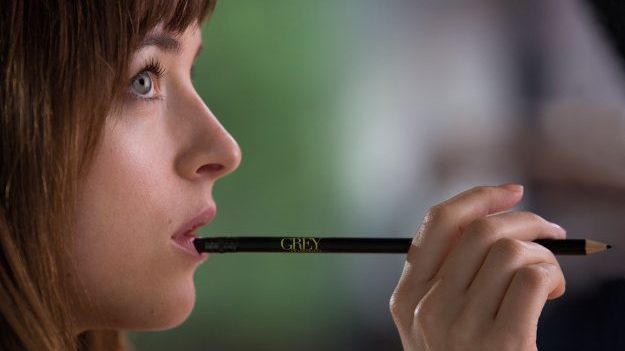
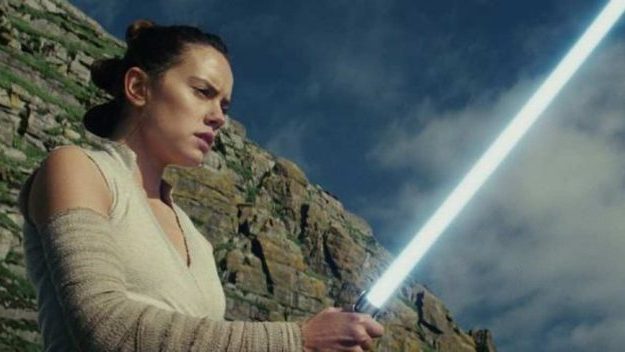
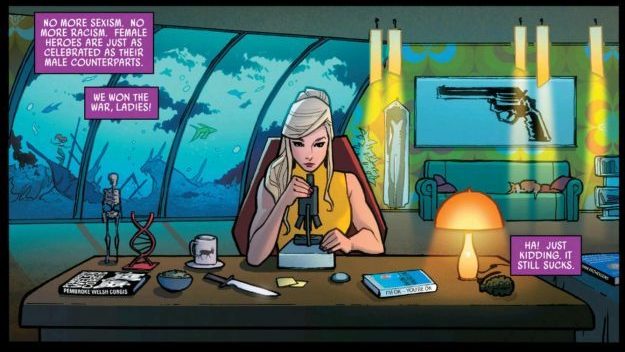
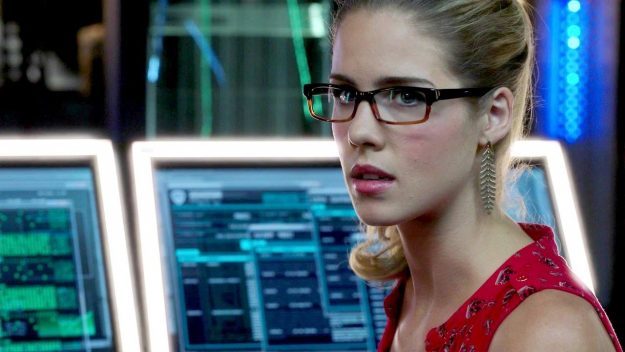
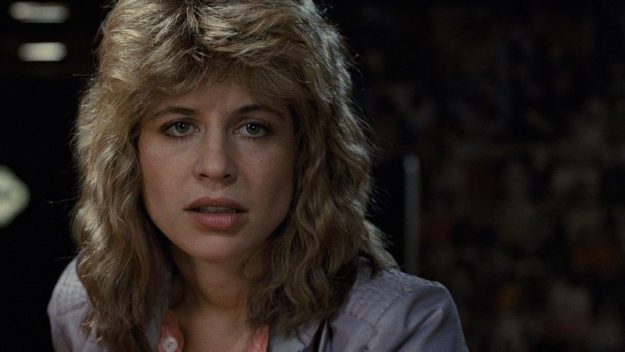
No Comments Yet